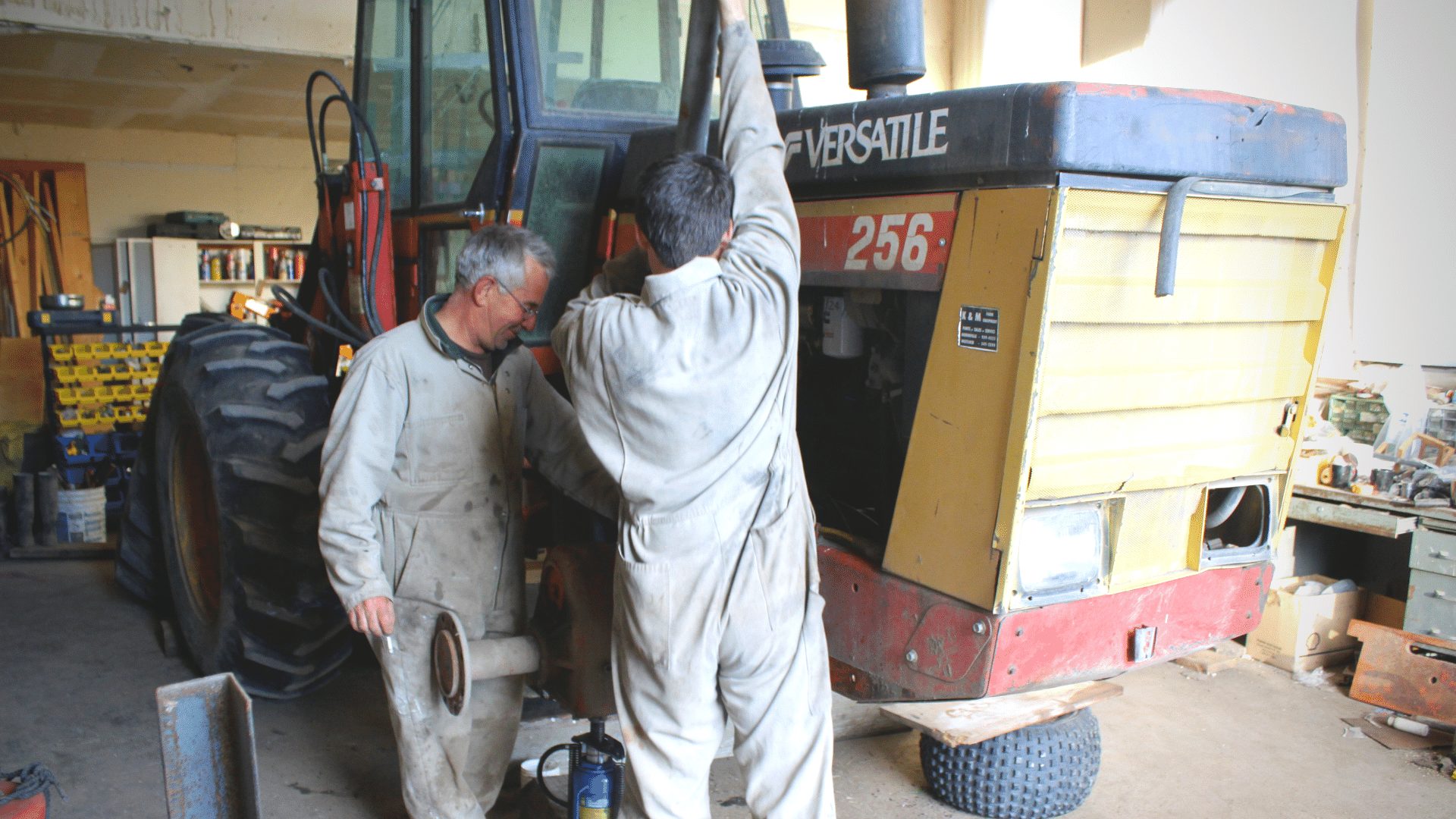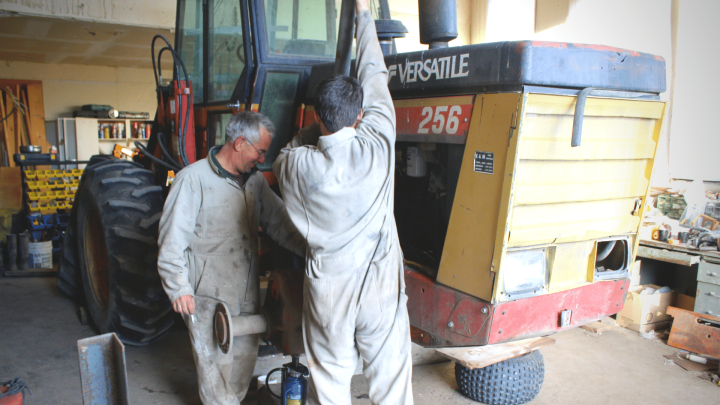Thinking of Hosting an Apprenticeship – Are You a Good Fit?
Posted on August 24, 2020
 Filter by Popular Categories
Filter by Popular Categories
Posted on August 24, 2020

You may be an excellent land manager and an astute business person. But will you be a good mentor?
We organized questions into three separate sections, starting with the big picture and working toward the nitty gritty. Taking the time to work through these questions will help you understand the extent to which you are ready to take on the challenges of mentorship.
Mentoring the next generation of ranchers and farmers can be extremely rewarding. From talking about running an agricultural business to building fence or caring for a sick animal, to fixing the farm truck or making financial decisions, you have so much to teach an aspiring farmer. Yet not every rancher or farmer is cut out for the job of mentoring. Being a mentor is not the same as being an employer—although the employer hat is one of many you will wear as a mentor.
As a mentor for a new agrarian, you not only teach skills and supervise an employee’s work; you work with a person, every day, and take them into every aspect of your life in agriculture. You are your apprentice’s teacher, employer and direct supervisor. Your apprentice will work alongside you through long and short days, winter storms and heat waves. You’ll get to experience their full spectrum of expression and varying moods, and they get to know you in a similar way. This is not a 9-5-job kind of relationship. Your apprentice will become a part of your ranch or farm team and may start to feel a little like family.
If you’re ready to consider these implications of becoming a mentor, then also consider that apprentices will have high expectations of you. They will have tons of questions. They will challenge you when you least want to be challenged. They will also bring a fresh perspective and new ideas into your business. They may have special skills or knowledge that will enrich your marketing plan or improve your website design. They will bring youthful energy, spunk, and enthusiasm.
There is no specific set of rules for how to be a good mentor. The important thing to remember is that by committing to an apprentice, you are committing to a whole human—both the positive and the challenging. This is a brave undertaking.
As a mentor, you not only have to consider the needs of your business and what tasks need to be accomplished on a daily basis in order to meet your bottom line, you also have to consider your apprentice’s educational goals and how these can be incorporated into your operation. The education you provide is part of the compensation that an apprentice receives in exchange for her work. Again, your apprentice is not your employee. Your commitment to her learning is the greatest gift you can provide and an essential part of the apprenticeship experience.
Republished from Agrarian Apprenticeship: Growing the Next Generation of Ranchers and Farmers under the Creative Commons License. Written by Virginie Pointeau, Julie Sullivan and Sarah Wentzel-Fisher of the Quivira Coalition, New Mexico. The Young Agrarians Apprenticeship program curriculum and materials have been adapted from the Quivira Coalition’s New Agrarian Apprenticeship program.